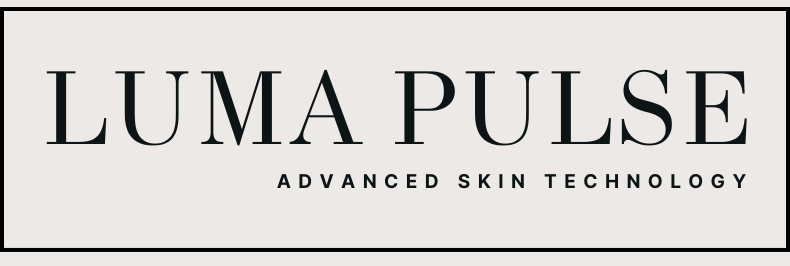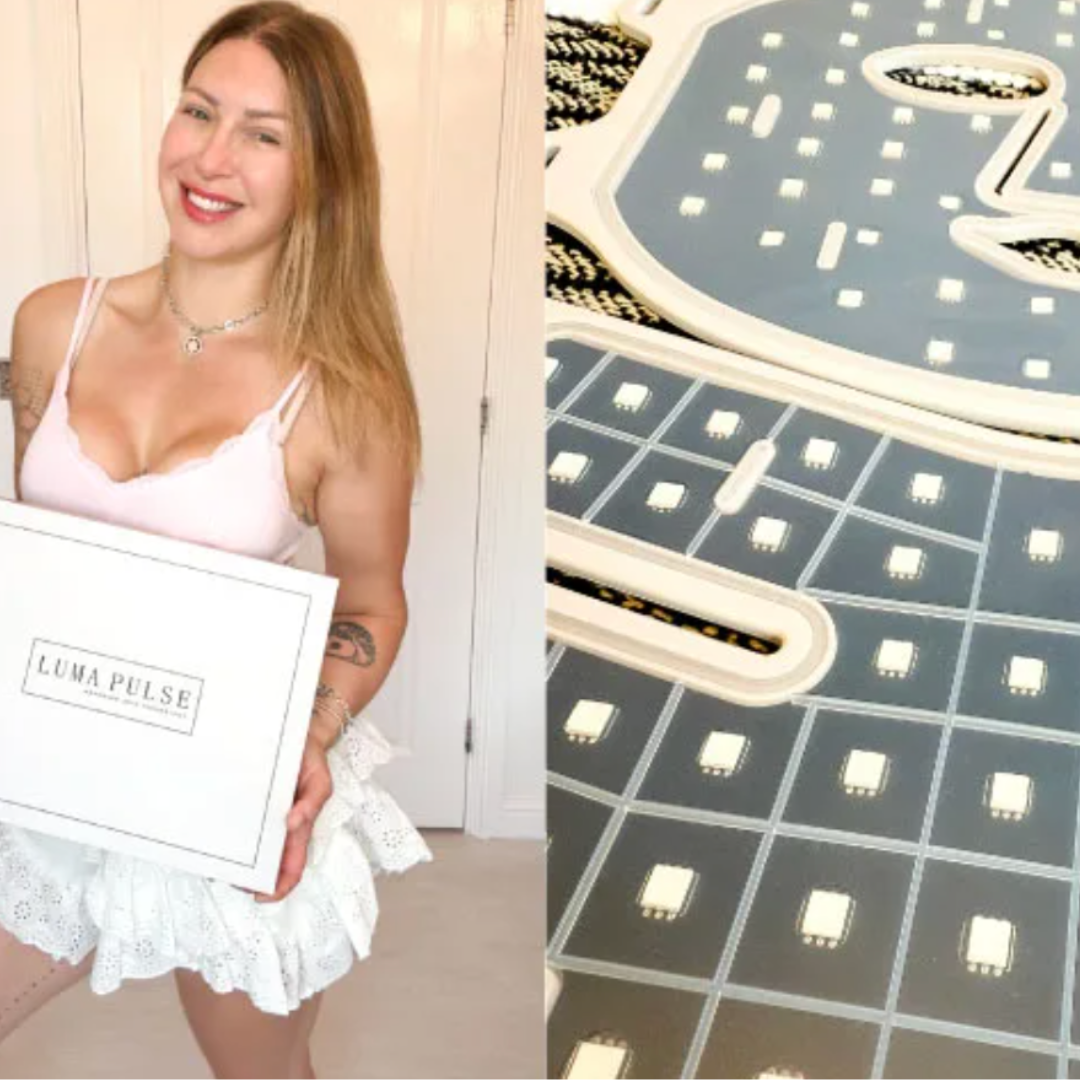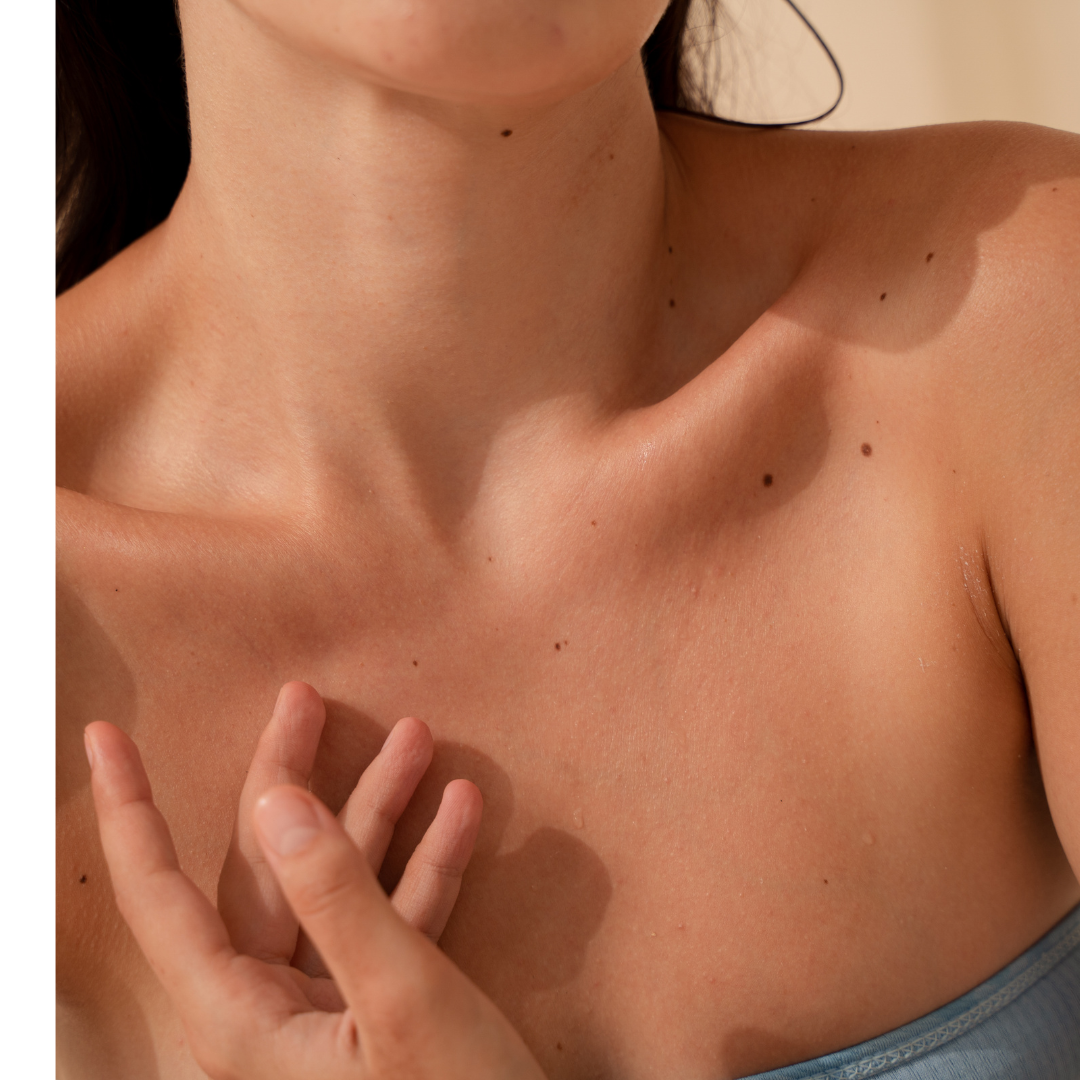If glowing, firm, youthful skin is your goal then collagen is your secret weapon. Often called the scaffolding of the skin, collagen is the structural protein responsible for strength, bounce, and elasticity. But what happens when it starts to disappear?
Let’s break it down.
What is Collagen?
Collagen is a family of proteins that form the building blocks of your skin, bones, cartilage, and muscles. In your skin, it lives in the middle layer known as the dermis, and is produced by special cells called fibroblasts. Its main job? Keeping tissue firm, resilient, and flexible — the key traits of youthful skin.
When Does Collagen Decline?
Collagen production peaks in your early 20s and begins to decline gradually by around 1% each year after that. But the drop is especially steep for women: during menopause, up to 30% of collagen can be lost in just 5 years. That’s why many begin to notice accelerated changes in skin texture, firmness, and elasticity at this stage.
What Destroys Collagen?
While collagen naturally declines with age, several lifestyle factors can speed up the breakdown:
🛑 UV Radiation
Unprotected sun exposure is a major collagen killer. Studies show UV rays cause a significant decrease in collagen structure.
🛑 Chronic Stress
Stress doesn’t just show on your face — it actually weakens collagen from the inside out.
🛑 Inflammatory Diets
Excess sugar and processed foods trigger inflammation, leading to fragmentation and hardening of collagen fibers.
🛑 Poor Sleep
Your body builds collagen while you sleep. Disrupting your circadian rhythm can disrupt collagen production.
How to Support Collagen Naturally
You can’t stop time — but you can slow down its effects. Here’s how to protect and promote collagen:
💡 LED Red Light Therapy
Clinically backed and non-invasive, red light therapy (like that used in the Luma Pulse LED Mask) penetrates deep into the dermis to stimulate fibroblasts, boost collagen production, and improve skin elasticity — all without needles or downtime.
🥬 Eat Anti-Inflammatory Foods
A diet rich in antioxidants, healthy fats, and vitamin C can help support natural collagen synthesis.
😴 Prioritise Sleep + Stress Relief
Your skin regenerates at night. Make quality sleep and stress-reducing rituals part of your daily skincare routine.
Include A Daily Collagen-Boosting Routine
Support your skin’s structure from the inside out with these proven, daily rituals:
✔️ Apply an Antioxidant Serum – Start your day with a Vitamin C or antioxidant-rich serum to protect and brighten.
✔️ Wear SPF Daily – Defend your collagen from harmful UV rays every single day, rain or shine.
✔️ Drink Collagen Supplements – Marine or hydrolyzed collagen peptides can support collagen formation over time.
✔️ Eat Antioxidant-Rich Foods – Think berries, leafy greens, and healthy fats to nourish your skin cells.
✔️ Strength Train Regularly – Resistance exercise stimulates human growth hormone, which supports collagen production.
✔️ Prioritize Protein – Your body needs amino acids (from protein) to build collagen.
✔️ Unwind + De-Stress – Less cortisol = more collagen. Make space for relaxation and balance.
✔️ Use Red Light Therapy – Clinically backed LED masks like Luma Pulse stimulate fibroblasts and accelerate natural collagen renewal.
Final Thoughts
Collagen may decline with age — but with the right care, your glow doesn’t have to.
At Luma Pulse, we believe skincare is a ritual of self-love, not a chore. That’s why our LED light therapy technology is designed to support your skin’s natural processes and give you the confidence to age beautifully, not fearfully.
Because confidence is timeless — and so are you.




Leave a comment
This site is protected by hCaptcha and the hCaptcha Privacy Policy and Terms of Service apply.